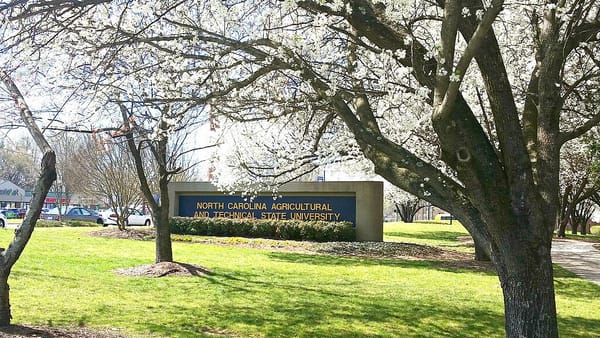South Carolina ICE agreements jumped from 3 in 2024 to 15 in 2025
S.C. Law Enforcement Division entered a Task Force model agreement on March 7
Down Ballot Staff Reports
According to a report from the American Civil Liberties Union of South Carolina, the number of agreements between Palmetto State law enforcement agencies and the U.S. Immigration and Customs Enforcement has increased.
Section 287(g) has existed since 1996, local agreements under this law used to be rare. The number of agreements has more than quadrupled nationwide this year, from 135 in 25 states in December 2024 to 628 in 40 states as of May 28, 2025. In South Carolina during that same period, the number of local ICE agreements jumped from 3 to 15.
In addition to the county-level agreements, the South Carolina Law Enforcement Division (SLED) entered a Task Force Model agreement on March 7 this year. Even smaller police departments have chosen to collaborate with ICE. This year, the police departments of Coward (population 748), Duncan (population 4,041), Holly Hill (population 1,298) all entered Task Force Model agreements with ICE. You can find lists of participating and pending agencies on ICE’s website.
How 287(g) agreements work
Ordinarily in the United States, immigration enforcement is the job of federal agencies. But under Section 287(g) of the Immigration and Nationality Act, U.S. Immigration and Customs Enforcement (ICE) can train and authorize local law enforcement officers to identify, arrest, and detain people for potential deportation.
Here are the three agreements with descriptions courtesy of our colleagues at the ACLU of Wyoming:
- Jail Enforcement Model (Horry, Lexington, and York counties): "Under this model, ICE delegates certain immigration authorities to state and local law enforcement agencies to identify immigrants in state and local custody and place them into immigration proceedings. Corrections officers in local jails, under the supervision of ICE, are deputized by the federal government to interrogate people in their custody about their immigration status and funnel people into the deportation pipeline."
- Task Force Model (Berkeley, Chester, Kershaw, Pickens, and Union counties): "ICE describes this type of agreement as 'a force multiplier' that allows state and local law enforcement agencies to make immigration arrests during routine police enforcement. This model, the broadest and deepest form of collusion with ICE, essentially turns police officers into ICE agents."
- Warrant Service Officer (Anderson, Berkeley, Charleston, Chester, Dorchester, Georgetown, Greenville, Lancaster, Marlboro, McCormick, Newberry, Oconee, Pickens, Spartanburg, and Union counties): "This type of agreement allows ICE to train, certify, and authorize state and local law enforcement officers to serve and execute administrative immigration warrants on people who are in custody in their agency’s jail."





